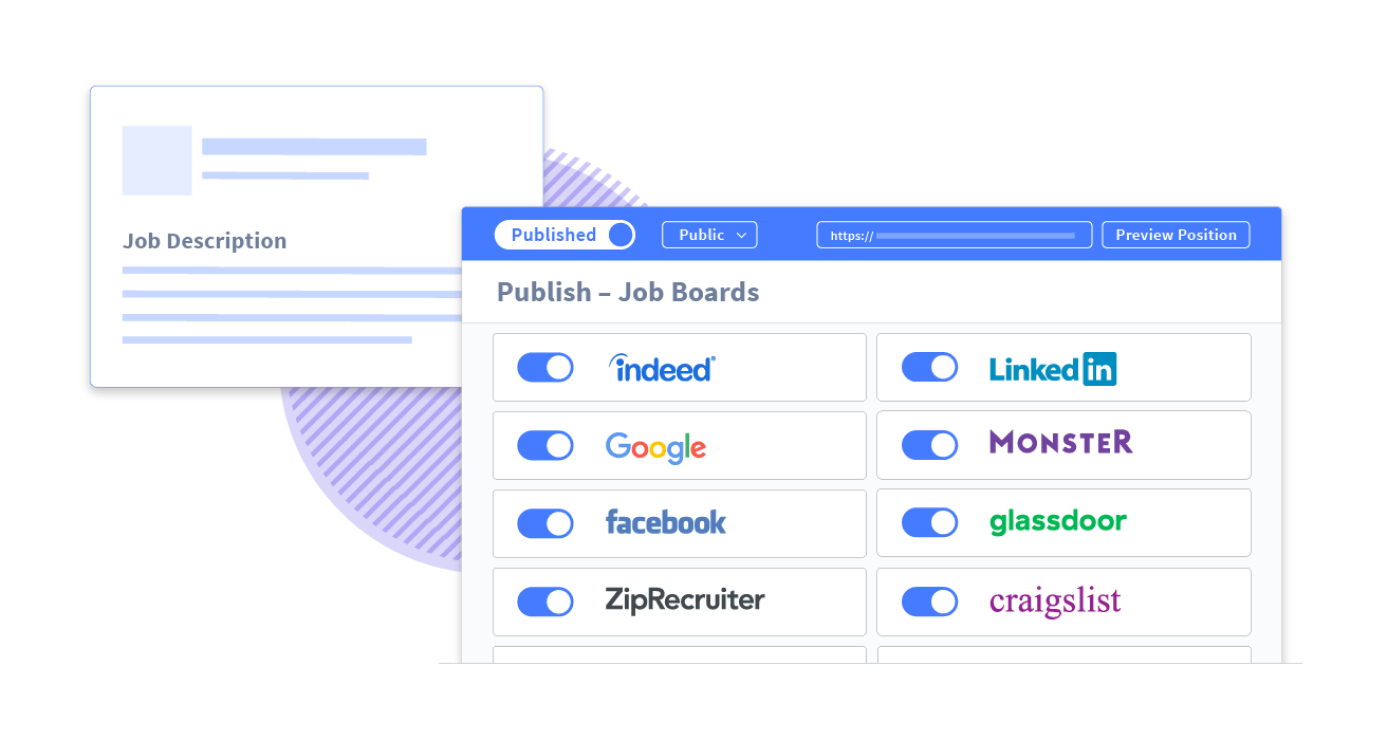Hiring a Boilermaker
Boilermakers install, assemble, and weld steel to construct and repair large and heavy metal structures. They perform routine maintenance checks on these structures that are used primarily for boilers, ships, iron and steel formations, and other vessels. From time to time, boilermakers also upgrade boilers to meet environmental standards and boost efficiency. These professionals work in a dedicated contracting business or are employed directly in industrial facilities, power plants, manufacturing and shipping units, and sometimes large institutions like hospitals and schools. Since the job requires unique skill sets, the compensation for a boilermaker is attractive. They make an average salary of $66,872, along with overtime earnings of $10,821 per year. They also receive additional benefits such as annuity, disability and life insurance, health insurance, 401(k), and relocation assistance, to name a few. A boilermaker can eventually progress into jobs such as workshop management, drafting, welding consultant, supervisor, or weld inspector.
Responsibilities
As a boilermaker, tradesmen work both indoors and outdoors, usually on various work sites, and with a team of other professionals and supervisors. The job duties include the planning and execution of welding services. They are required to maintain and repair systems and components for all scheduled and emergency requirements. Boilermakers are also in charge of communicating with the maintenance management team about welding duties related to construction and maintenance as needed. They interpret work and job orders, specifications, ISOs, or other drawings and identify basic blueprint terms and symbols accurately. They use operating techniques to ensure tasks are completed safely and efficiently, following established policies, general safety rules, and operating procedures. They are also responsible for the supervision and training of new employees and follow the compliance protocols of the unit.
Role qualifications and requirements
Working as a boilermaker can be complex, so the employers require the applicant to have vocational or technical training following high school. Because these workmen are skilled laborers, they must possess a general mechanical aptitude to start work in this field. They should be a minimum of 18 years old and are expected to serve as apprentices for set periods, and must have experience assisting journeymen. The job typically requires the operator to have an understanding of labor techniques, including welding and metalworking. Applicants should be open to working irregular hours, traveling frequently, and staying away from home for prolonged periods. The candidate should be physically fit as the job is demanding and involves working with heavy machinery or power tools in confined spaces or even high aerial settings. Job seekers who have troubleshooting and critical thinking skills will have a better chance of landing the job.











